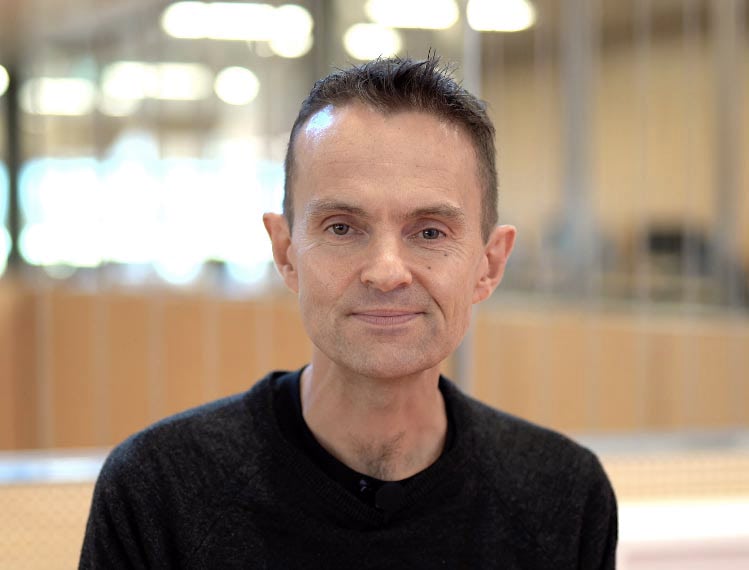Developments in #AI #Robotics and #BigData will change the #FutureofEducation – Should Robots Replace Teachers?

Developments in AI, robotics and big data are changing the nature of education, yet the implications of these technologies for the teaching profession are uncertain.
While most educators remain convinced of the need for human teachers, outside the profession there is growing anticipation of a technological reinvention of the ways in which teaching and learning take place.
Neil Selwyn, Professor of Education at Monash University offers a considered perspective on these debates.
Through an examination of technological developments such as autonomous classroom robots, intelligent tutoring systems, learning analytics and automated decision-making, he highlights the need for nuanced discussions around the capacity of AI to replicate the social, emotional and cognitive qualities of expert human teachers.
Above all, Selwyn pushes conversations about AI and education into the realm of values, judgements and politics, ultimately arguing that the integration of any technology into society must always be presented as a choice.
Should Robots Replace Teachers? is a must-read for anyone interested in the future of education and work in our increasingly automated times.
Charles Ess, University of Oslo, says:
“Selwyn navigates deftly between hype and hysteria to explore the questions we should be asking, rather than simply lobbying pre-established opinions. The increasingly urgent, real-world issues surrounding robots in teaching demand exactly the sort of extensive and carefully reflection on display here.”
Frank Pasquale, University of Maryland Carey School of Law, says:
“Selwyn’s book is a rigorous, tightly reasoned, and state-of-the-art analysis of the role of technology in education. It is the gold standard for discussion of the potential (and limits) of AI and robotics in shaping the classroom of the future. Persuasive and penetrating, this analysis belongs in education schools and departments around the world.”











Responses